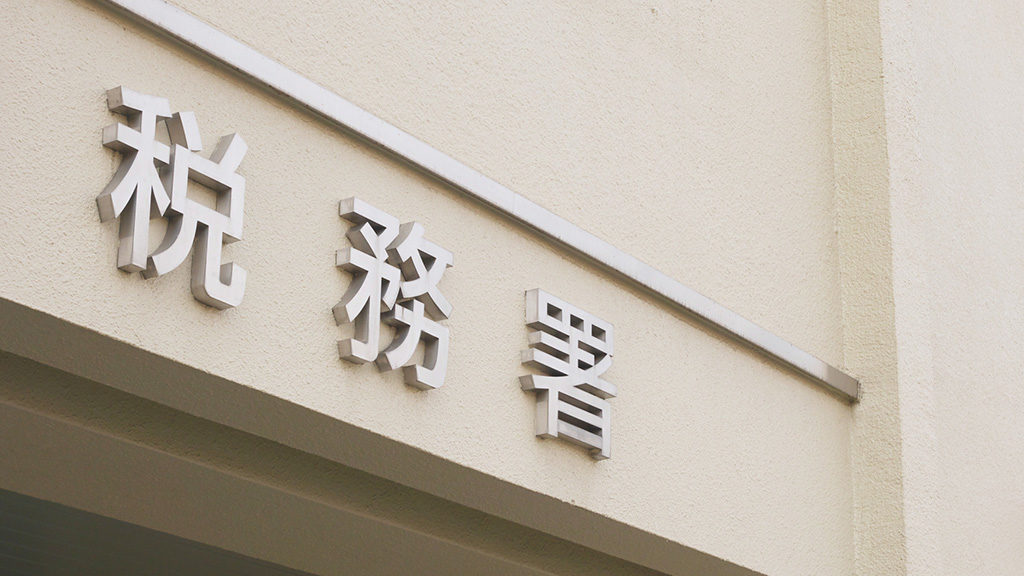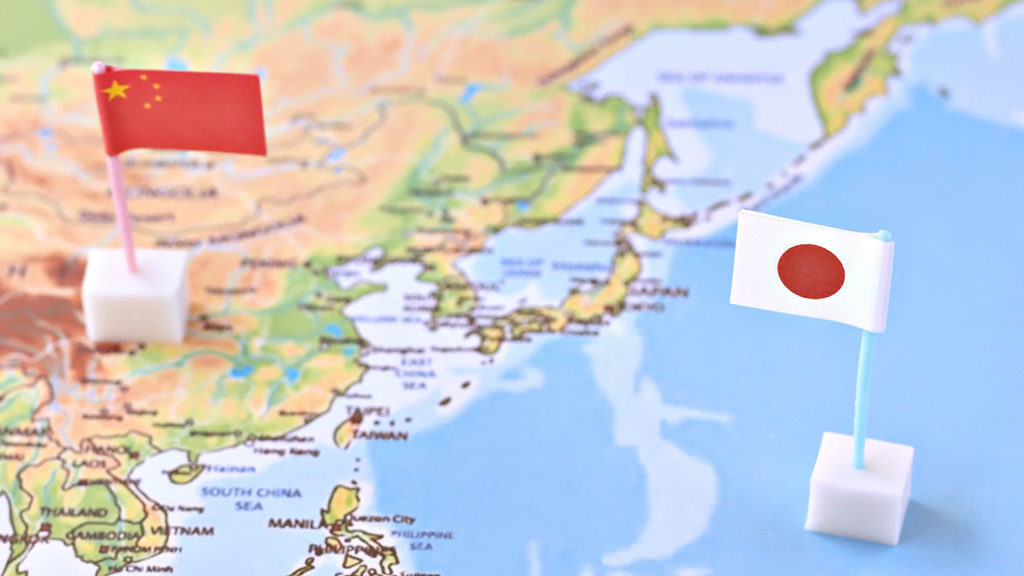Foreign technical interns: Cases of exemption from residence tax

This post is also available in 日本語
If you earn a salary from working in Japan, you will need to pay taxes regardless of nationality. However, there are cases in which people working as foreign technical interns are exempt from residence tax. You should check the conditions. (It is not the case that all foreign technical interns will be exempt).
Contents
What is a foreign technical intern?
This is a system in which Japanese companies can accept technical interns from developing nations etc. The aim is, through practical training, to allow them to learn technical skills that would be difficult to acquire in their home countries, and thus cooperate with the nurturing of human resources that can help develop the economies of developing countries etc. after they return home. The practical training period is up to five years. This is executed based on the technical intern plan created in advance.
Tax on income obtained while working

There are two types of tax charged on the income obtained by working, namely income tax and residence tax. This also covers the income obtained by foreign technical interns when they work.
Income tax
Income tax is tax paid to the nation of Japan. The amount of income tax paid differs according to the income amount. If the income amount is very low, it may even be non-taxable.
Residence tax
Residence tax is tax paid to the region in which you are living. This is paid to the city office where you have your address as of January 1st. As the amount determined based on your annual salary is paid from the following year, you do not need to pay this in your first year. However, you will need to pay this from the second year. When you return to your home country, you will need to pay unpaid residence tax as a lump sum or notify the tax administrator.
Conditions for exemption from residence tax

You can receive an exemption from residence tax if Japan and your home country have concluded a treaty that provides for exemption from residence tax. The content of this treaty will differ depending on the country.
For example, countries for which a large number of foreign technical interns are accepted include Ⅴietnam, China, Philippines, Indonesia, and Thailand. (Source: Ministry of Justice data)
Among these, the countries that have concluded a treaty for the exemption of residence tax with Japan are only the two countries of China and Thailand. No treaties regarding exemption from residence tax have been concluded with Vietnam, the Philippines, or Indonesia.
https://www3.mofa.go.jp/mofaj/gaiko/treaty/index.php
Procedures for and confirmation of residence tax exemptions
When hiring target foreign technical interns, the company submits a notification document to the tax office. If your home country is subject to an exemption, check with your employers regarding the procedures.
[Submitting a notification related to the tax treaty (tax withholding statement) ]
http://www.nta.go.jp/taxes/shiraberu/taxanswer/gensen/2888.htm
If you are unsure

Check the website for the Organization for Technical Intern Training.
The Technical Intern Handbook, which can be read in PDF form, is available in Chinese, Vietnamese, Tagalog, Indonesian, Thai, Cambodian, Burmese, Mongolian, and English.
If you speak Chinese, Vietnamese, Tagalog, Indonesian, Thai, Cambodian, Burmese, or English, you can also have a consultation in your native language. If it is outside business hours, leave a message stating the matter concerned and your contact details.
[Organization for Technical Intern Training]
https://www.otit.go.jp/notebook/
Legal-related discussions
You can use the “Japan Legal Support Center – Legal Information for Foreign Nationals” service.
Supported languages: English, Chinese, Korean, Spanish, Portuguese, Thai, Tagalog, Nepalese, and Vietnamese
Telephone number: 0570-078377
https://www.houterasu.or.jp/multilingual/
- If You Wonder What Should Give a Gift, This Is the Best Choice! Cool Packaged Handkerchiefs!
- Apply on UV Cream Without Getting Your Hands Dirty! Why not Have This Handy Puff?
- So Popular Character “Chiikawa” Cheers You Up! Improve Your Arched Back!
- If You Want to Improve Your Sleep Quality, You Should Change Your Pajamas! 3 Recommended Pajamas
- Conveniently 2-Way! This Product Is Useful in Both Summer and Winter.









